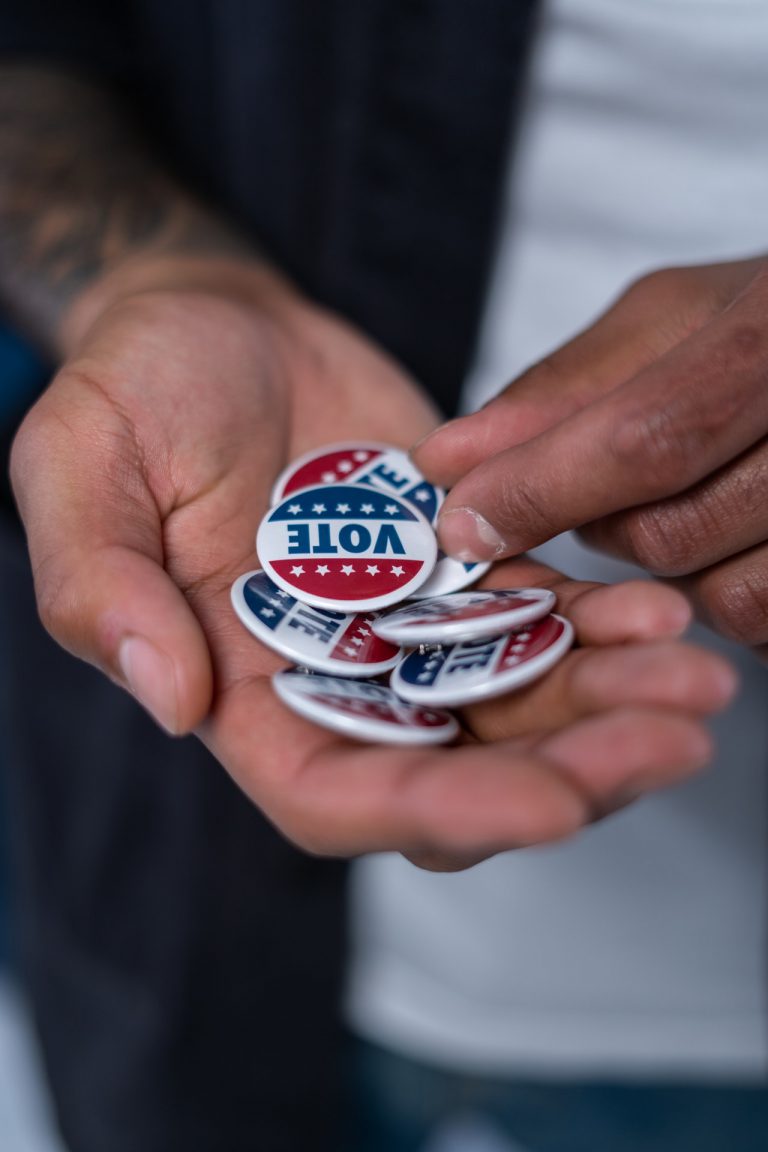On Friday, April 23, the Republican-controlled Arizona State Senate began an audit of 2.1 million ballots which were cast in Maricopa county during the 2020 election. The audit will include a full testing of voting machines, investigation for any potential IT breaches, and a scanning of ballots, which will then be recounted by hand.
The independent audit is being conducted by companies based outside Arizona. They include CyFIR, Cyber Ninjas, Wake Technology Services, and Digital Discovery. Cyber Ninjas from Florida, which provides cybersecurity services for government agencies and financial services, will be leading the audit process.
According to Just the News, Karen Fann, President of the Arizona Senate, said that officials from the Maricopa County Board of Supervisors have tried to “sabotage” the audit process. “The Maricopa BOS has refused to allow us to perform the audit at their facilities and has gone so far as to refusing to even answer simple questions such as ‘how are the ballots sequestered?’”
The final report is expected to be released within two months. Fann said that neither the Senate nor the auditors have any expectations regarding results of the audit and emphasized that the intention behind the audit was not overturning the election but was focused on the integrity of the voting system itself.
The audit comes after months of effort by Arizona Senate Republicans. Subpoenas were sent to the Maricopa County Board of Supervisors last December requesting the release of election materials for investigation. The County initially refused to comply with the subpoenas. The matter was eventually decided in court where a judge upheld the Senate’s right to issue subpoenas, a decision that eventually paved the way for the current audit.
Success
You are now signed up for our newsletter
Success
Check your email to complete sign up
Fann noted that it took the Senate almost two and a half months to make the audit a reality with an additional six weeks spent selecting the right team. The senate president pointed out that affidavits signed by several residents from the state have hinted at potential issues concerning mail-in ballots. She expressed hope that the audit will unravel any potential issues and help resolve any errors discovered during the process.
In a final attempt leading up to the audit, the Arizona Democratic Party, together with Steve Gallardo, sole Democrat on the Maricopa County Board of Supervisors, filed a lawsuit with the Arizona Supreme Court, seeking a temporary pause to the proceedings. The lawsuit argued that the audit was not transparent enough and did not have proper safeguards in place. The presiding judge asked Democrats to put up a $1 million bond for the restraining order. The Democrats chose not to pay the bond and the audit continued as scheduled.
Voting bills
The audit comes as Arizona Republicans are pushing forward two voting bills that have attracted opposition from Democrats. One of the bills could end up removing 150,000 voters from the permanent early voting list. Senate Bill 1485 seeks to remove voters who have missed two federal elections consecutively and do not respond to a postcard notification. Democrats argue that almost a third of the people affected by the bill would be Latinos.
The second reform bill, SB 1713, is proposing that voters provide a driver’s license number to cast mail-in ballots. In the case where the person does not have a driver’s license, a voter identification number can be submitted. But in some counties, a voter identification number can only be received if a person has a driver’s license. According to Arizona Democrats, this proposal would also disproportionately affect Latino and Native American populations as these groups are less likely to have a driver’s license.
Some Latino groups have also criticized the proposals. “If their vote was so important to these legislators, if their voice, if their opinions, if their perspectives, were so important to these legislators, then why are they passing bills that specifically makes it more difficult for their vote to be counted?” Gloria Gonzales-Dholakia, executive director of the Hispanic advocacy group Jolt Action, said to Breitbart. Nina Perales, vice president of litigation at the Mexican American Legal Defense and Educational Fund, accused the new bills of “using language that has been historically associated with racist election measures.”
Despite the suggestion that minority communities would be negatively affected by the voter reform bills, a poll conducted by Rasmussen Reports shows that a majority of people do not see discrimination in such measures. In the survey, participants were asked whether laws mandating photo identification at polls were discriminatory.
According to the poll, 62 percent of respondents overall do not think voter integrity laws discriminate against minorities, a sentiment that differs little between races. “Majorities of all racial groups – 59% of whites, 56% of Blacks and 63% of other minority voters – say it is more important to make sure there is no cheating in elections than to make it easier to vote. Likewise, majorities of all racial groups – 64% of whites, 59% of Blacks and 58% of other minority voters –reject the claim that voter ID laws discriminate against some voters.”
















